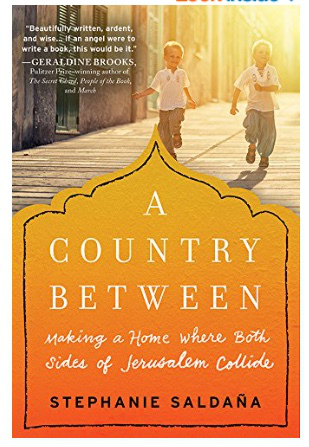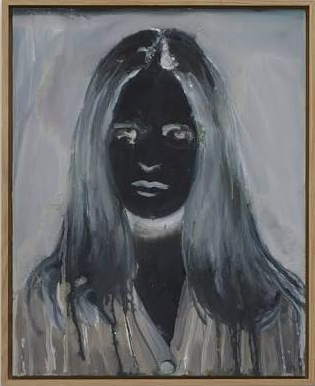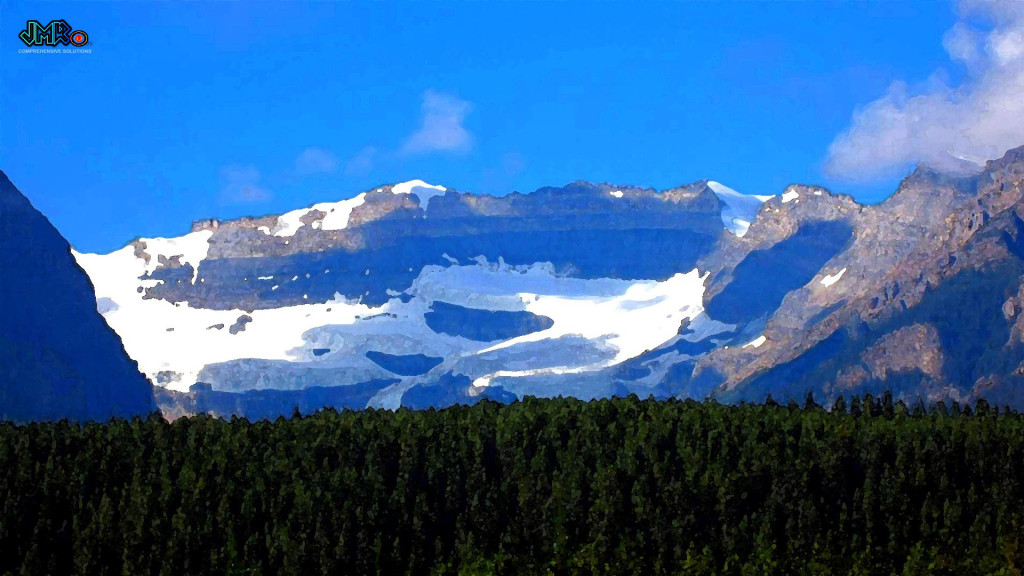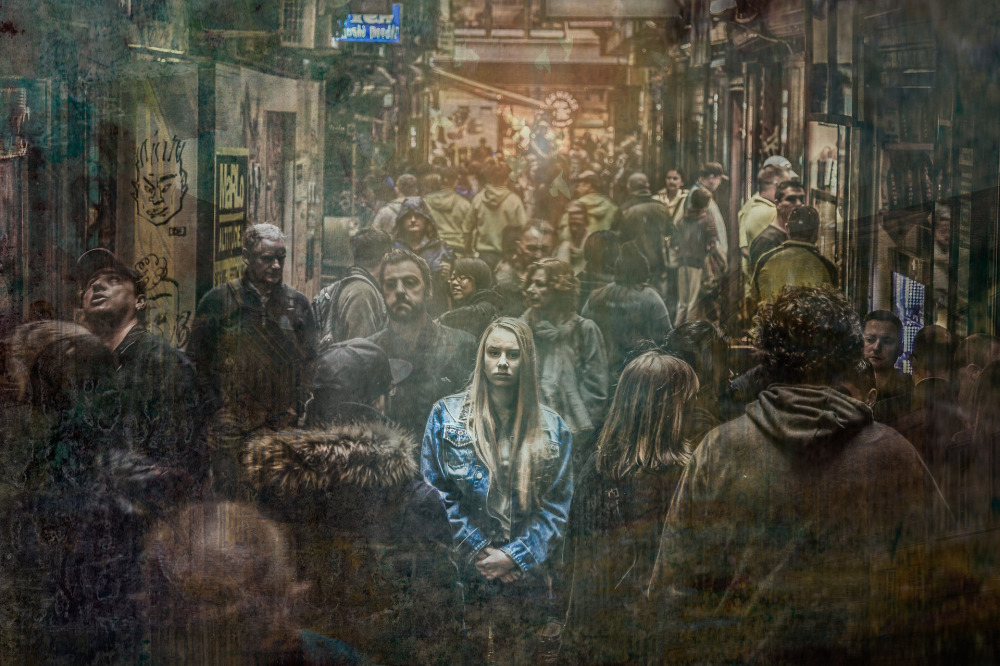
Woman, whom destiny has made to be man’s superior, by trying to become his equal, falls beneath his estimation. – Inayat Khan
I have been reading Stephanie Saldaña’s new book, having loved her first, Bread of Angels, and finding this one to be wonderfully meaningful and heartening. It is the continuation of Bread, her first years of marriage to the French monk she married after she lived in Syria for a year on a Fulbright scholarship to learn Arabic in order to study the teachings of Jesus in Islam, and both books have been lovely and poignant instructions on how to live in a war zone and still find beauty and life. I was amazed to think that she would, after her first book, return not to Syria–we know what tragedy is transforming that ancient culture beyond belief–but to Jerusalem, with her husband. When I read that she would, I thought, well, we will hear that she is living in some middle-class suburb and teaching or something, but not so: she and her husband found an amazing house in the heart of life in that ancient, now-partitioned city, moving daily from one sector through checkpoints to the other, from that house that was part of a convent and an adjunct to a neighborhood that was still holding on in the midst of of the terror breaking out all around it, and eventually in it. We Americans would find such a life far too difficult, but she and her husband plunged right into a world where a local man sold sesame bread right on her doorstep and gave it to her family, refusing payment, where the entire neighborhood became family, Muslims, Sufis, Christians, Jews. And they did indeed have their first child there, in the midst of violence and poverty and war and inconveniences that would send most of us fleeing. And they found and became a part of Life. This story is largely about the birth of her first child, one of the eventual three, and although they have had to leave their huge house, they still live in Jerusalem in a smaller one. Perhaps they have chosen Life over Convenience, the great god of this culture.
I wrote a brief review of this book on Amazon, where I purchased my copy, and said that Stephanie (I can’t call her by her last name, it doesn’t seem right) is the girl I always wished lived next door. By this, I mean that we as women have become so caught up in becoming equal as to often lose the uniqueness of womanhood, which is to be tender and tough at the same time, knowing innately what is most important, in a world of far too many women who have perverted their true natures beyond belief, all in the cause of equality. [Redaction: my millennial daughter who often edits for me points out that most of the women she knows are not working for equality, but equity. A most compelling thought! And when I wrote that, I have to admit I was thinking of the Kellyanne Conways of this world, not the countless women who struggle in a man’s world just to survive and become themselves.) Her lyrical and poignant writing bespeaks her values: she places her children above any other accomplishments she could have, and her love for her husband is perhaps most important of all. Yet that is always a conundrum when we become mothers, isn’t it? We thought falling in love with our soulmate was all-important, and then we fall in love with our children and are lost forever. She writes of making a home and giving birth in the midst of danger and violence and the common family passages that take place in all families, as her father dies of cancer back in the States. Her story is a common story set in a place we think to be uncommon, but that is an internal space in all of us, one that is becoming projected on our own landscape in the West, more and more. I love most about her writing that she is a woman who is more soul than body, more being than striving, more watching than doing. She is, perhaps, what “traditional” women are currently fleeing in the cause of becoming equal to men, in the mistaken belief that becoming like them is then the answer, instead of being what she already is: better, innately. It is understandable, I think, because of the world we live in, but here is someone who intuitively found a better way of carrying forward the divine heritage of womankind.
I hope you will read this wonderful book, which has made me think again about the confusion and despair of suddenly living in the age of Trump here in the States. I think we Americans became complacent: believing our own rhetoric, we fell asleep at the wheel, thinking we were safe, and all the while the projection of our collective shadow was growing and growing, ready to pounce, all the while complacently dreaming of our first woman president, of the fated progress of humanity, and we became derailed when our shadow overcame us. Reading Stephanie’s book shook me out of the fog of malaise and despair most of us are experiencing increasingly after his “election,” and I realized–had been trying to articulate inwardly all along–that this is Life. We Americans know so little of what our neighbors have been enduring for thousands of years, and we are soft and all too trusting. Our ideals may stab us in the back yet.
Here is what I think: a while back, I wrote about a piece by Llewellyn Vaughn-Lee that is about the cyclical nature of the universe. He stated that we are nearing the end of one cycle, and the beginning of the next, and that such a time is always a time of darkness, of confusion, of….waiting, as in the Christian concept of the “In-Between Times”, the time between the Resurrection and the Second Coming. I didn’t want to accept that, I wanted to continue in my New Age-y beliefs of love and light and imminent joy, and I know that there is a place where Joy waits, but for now…he was right. We wait. Trump and his ilk, Brexit, the tragedy of the Middle East and all countries where darkness battles with light, seemingly with imminent victory, are all symbols of that change. Those who think they can make time hold still, who think they can return our country, at least, to the 1950s and its complacency and acquiescence to the Man, may think for a time that they can make that happen, but they are as nothing next to that power that is both might and tenderness that is moving over and closer to the world with every heartbeat. And Stephanie, I have slept better because you did your part to show us where and how to go. We await the Kairos.
Be of good cheer.
“Remember that all through history, there have been tyrants and murderers, and for a time, they seem invincible. But in the end, they always fall. Always.” – Gandhi
Share this:- Share





